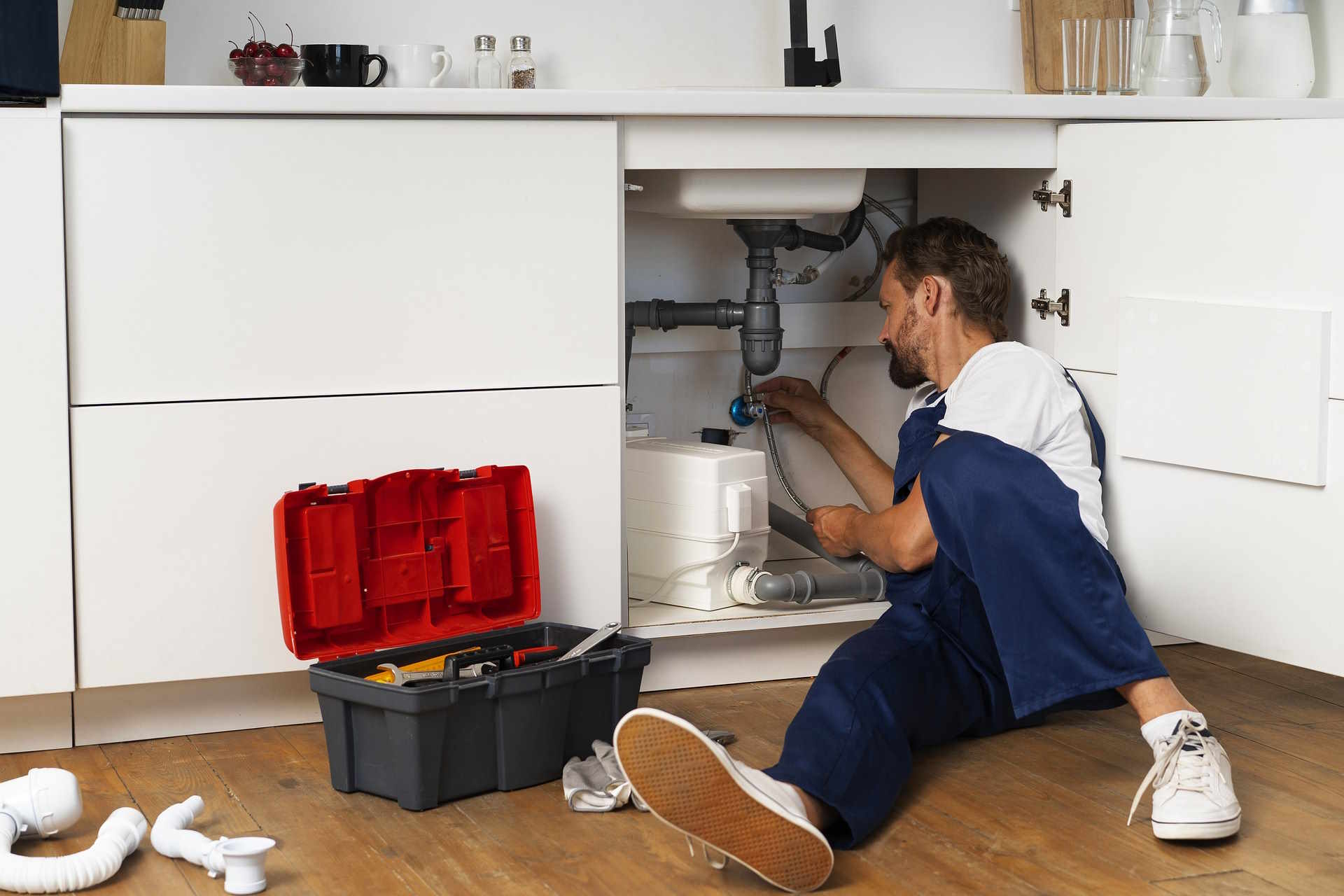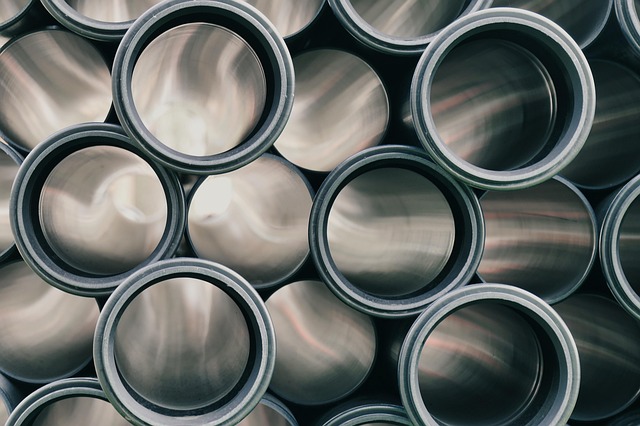Training programs for future plumbers in Calgary
In Calgary, individuals interested in pursuing a career in plumbing can benefit from specialized training programs. These programs provide the fundamental knowledge and practical skills essential for success in plumbing. Participants will benefit from hands-on learning experiences that will prepare them for the diverse challenges of the industry.

The plumbing industry in Calgary presents excellent career opportunities for those interested in skilled trades. With the continuous growth of residential and commercial construction in Alberta, qualified plumbers remain in high demand. Training programs throughout the city are designed to equip future plumbers with the technical knowledge, practical skills, and industry certifications necessary to succeed in this essential profession. These programs vary in length, cost, and structure, providing different pathways for individuals to enter the plumbing trade based on their circumstances and career goals.
Understanding the Basics of Plumbing Training in Calgary
Plumbing training in Calgary typically follows the apprenticeship model established by Apprenticeship and Industry Training (AIT) Alberta. This system combines on-the-job training (approximately 80% of the program) with technical classroom instruction (about 20%). The standard apprenticeship program spans four years, with each year requiring approximately 1,500 hours of on-the-job training and eight weeks of technical training at an approved institution. During this period, apprentices earn while they learn, receiving a percentage of a journeyperson’s wage that increases as they progress through their training levels.
Several institutions in Calgary offer the technical portion of plumbing apprenticeship training. The Southern Alberta Institute of Technology (SAIT) is among the most prominent, providing comprehensive classroom instruction that complements the practical experience gained on job sites. Other approved training providers include Bow Valley College and various private vocational schools that offer specialized plumbing courses. These institutions work closely with industry partners to ensure their curriculum remains current with evolving technologies and building codes.
Essential Skills Acquired Through Comprehensive Training Programs
Plumbing training programs in Calgary focus on developing a diverse set of skills that extend beyond basic pipe fitting. Students learn to interpret building codes and blueprints, ensuring all installations meet safety regulations and design specifications. They develop proficiency in working with various materials including copper, PVC, PEX, and cast iron, each requiring different techniques and tools. Training also covers installation and maintenance of fixtures, appliances, and complex systems such as hydronic heating and medical gas systems.
Beyond technical abilities, comprehensive plumbing programs emphasize problem-solving skills and diagnostic thinking. Apprentices learn to troubleshoot issues in existing systems, often working with limited information and in challenging environments. Communication skills are also heavily emphasized, as plumbers regularly interact with clients, contractors, and other trades professionals. Modern programs increasingly incorporate digital literacy, teaching students to use industry software for estimating, inventory management, and even 3D modeling for complex installations.
The Path of the Plumbing Industry in Calgary
The plumbing industry in Calgary continues to evolve with new technologies and changing building practices. Training programs have adapted accordingly, incorporating instruction on smart home systems, water conservation technologies, and sustainable building practices. Future plumbers now learn about high-efficiency fixtures, greywater recycling systems, and solar water heating alongside traditional plumbing techniques. This evolution reflects the industry’s growing focus on environmental sustainability and energy efficiency.
Career advancement opportunities are clearly outlined in most training programs, showing progression from apprentice to journeyperson, and potentially to master plumber, contractor, inspector, or educator. Many programs also highlight entrepreneurial pathways, providing basic business management skills for those interested in eventually starting their own plumbing companies. Industry partnerships with training institutions often create networking opportunities for apprentices, connecting them with potential employers and mentors who can guide their career development.
Admission Requirements and Application Process
Entering a plumbing apprenticeship program in Calgary typically requires a high school diploma or equivalent, with strong grades in mathematics and physics being particularly valuable. Some programs require applicants to have already secured an employer willing to sponsor their apprenticeship, while others assist with placement after initial classroom training. Pre-apprenticeship programs are available for those who need additional preparation before entering a formal apprenticeship.
The application process generally involves submitting educational transcripts, completing an aptitude assessment, and sometimes participating in an interview. Successful applicants must register with Apprenticeship and Industry Training Alberta, which oversees the certification process. Many institutions offer information sessions and career counseling to help prospective students navigate the application process and determine if plumbing is the right career path for them.
Training Costs and Financial Support Options
The cost of plumbing training in Calgary varies depending on the institution and program structure. Technical training at SAIT currently costs approximately $1,000-$1,200 per eight-week period, with additional expenses for textbooks, tools, and safety equipment. Over the course of a four-year apprenticeship, students can expect to pay between $4,000-$6,000 for the classroom portion of their training. However, these costs are offset by the wages earned during on-the-job training periods.
| Institution | Program Type | Approximate Cost | Duration |
|---|---|---|---|
| SAIT | Apprenticeship Technical Training | $1,000-$1,200 per period | 8 weeks per year (4 years) |
| Bow Valley College | Pre-Apprenticeship | $4,500-$5,500 | 6 months |
| Merit Contractors Association | Safety & Supplementary Courses | $200-$800 per course | Varies |
| UA Local 496 | Union Apprenticeship | Subsidized (member dues apply) | 4-5 years |
| Private Vocational Schools | Specialized Certificates | $1,500-$3,000 | 2-6 months |
Prices, rates, or cost estimates mentioned in this article are based on the latest available information but may change over time. Independent research is advised before making financial decisions.
Financial assistance is available through several channels. Apprentices may qualify for Employment Insurance (EI) during their classroom training periods. Grants such as the Alberta Apprenticeship Incentive Grant and Completion Grant provide additional financial support at various stages of training. Some employers offer tuition reimbursement or tool allowances, while student loans and scholarships specific to trades education are also available through institutions and industry associations.
Certification and Professional Development
Upon completing the required training hours and passing the provincial examination, apprentices receive their Journeyperson Certificate of Qualification. This certification is recognized throughout Alberta and, through the Red Seal Program, across Canada. The Red Seal endorsement requires passing an additional interprovincial examination but greatly enhances employment mobility and career opportunities.
Professional development doesn’t end with certification. The plumbing industry requires ongoing learning to stay current with changing technologies and building codes. Many training institutions offer continuing education courses for certified plumbers, covering specialized areas like medical gas installation, backflow prevention, or green building technologies. Professional associations such as the Mechanical Contractors Association of Alberta provide additional resources for networking and skills advancement throughout a plumber’s career.
The training programs available for future plumbers in Calgary provide solid foundations for long-term careers in this essential trade. From traditional apprenticeships to specialized certificate programs, these educational pathways combine theoretical knowledge with practical skills development, preparing graduates for the diverse challenges they’ll face in residential, commercial, and industrial settings. As the industry continues to evolve, Calgary’s training institutions remain committed to producing highly skilled professionals ready to meet the city’s plumbing needs while advancing sustainable building practices.




